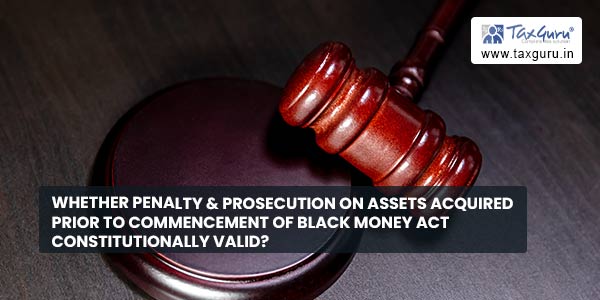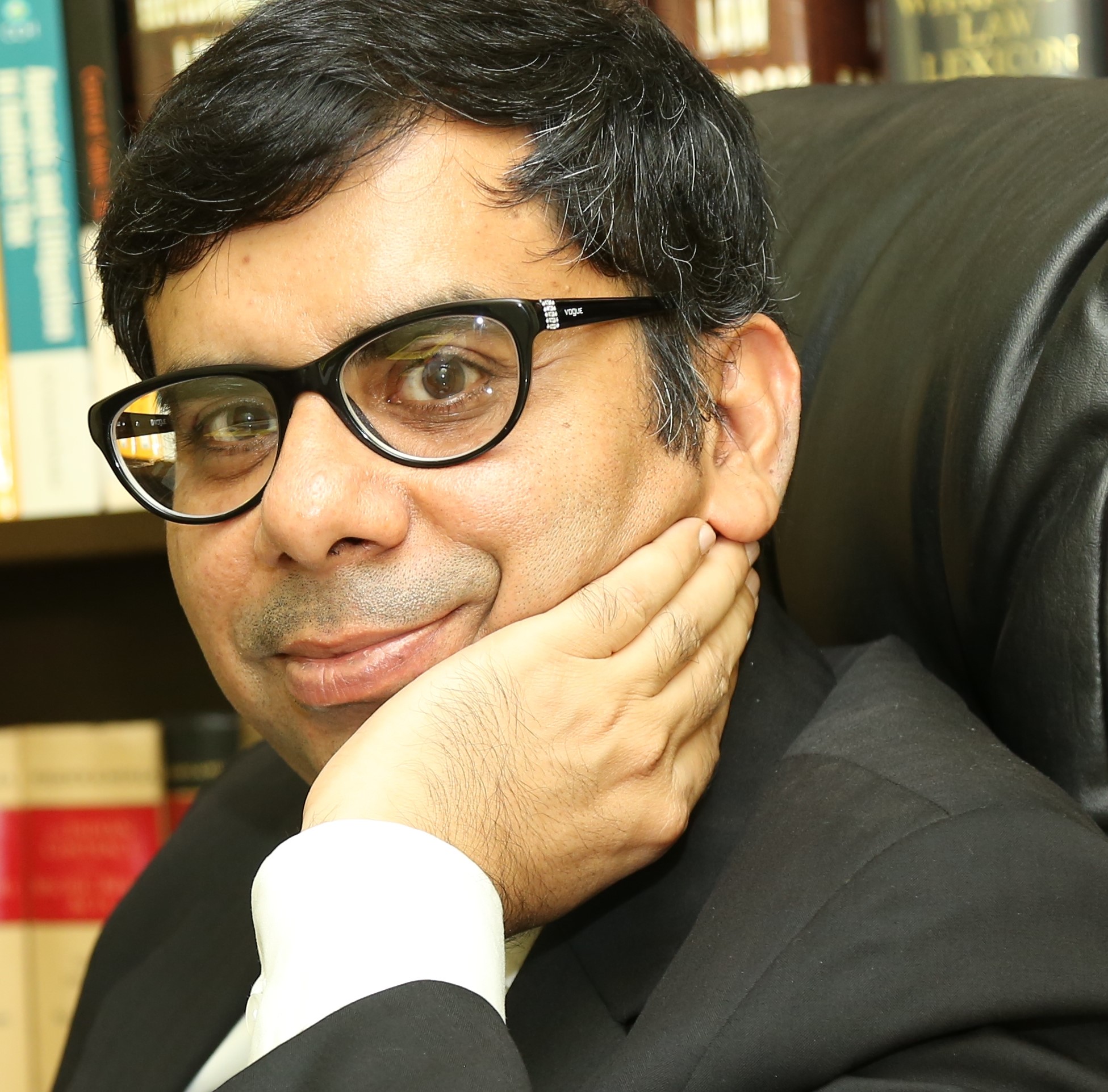Article 20(1) of the Constitution of India provides that no person shall be convicted of any offence except for violation of a law in force at the time of the commission of the Act charged as an offence. Hon’ble Supreme Court in the case of Rao Shiv Bahadur Singh and Ors. vs. The State of Vindhya Pradesh reported in AIR 1953 SC 394 has held that ex post facto laws which retrospectively create offences and punish them are bad being highly inequitable and unjust.
In terms of Section 72(c) of the Black Money Act undisclosed foreign assets are liable to be taxed in the year when it comes to the notice of the Assessing Officer if benefit the of one time window to declare such undisclosed foreign assets could not be availed within the time prescribed after commencement of the Black Money Act. Therefore, irrespective of the year of purchase of undisclosed foreign assets, it is liable to be taxed in the year in which it is detected by the assessing officer.
Hence, a question arises whether the Black Money Act can be said to have a retrospective operation as it contains extremely severe provisions for penalty and prosecution with respect to undisclosed foreign assets acquired prior to Black Money Act coming into force if those assets were not declared within a small window provided up to 30th day of September, 2015.
In my opinion, a solemn constitutional challenge can be mounted with respect to retrospective operation of the Black Money Act on the ground of violation of article 14 and article 20 of the Constitution of India.

It is quite possible that one may have been prevented by sufficient cause to declare the undisclosed foreign assets. It is also possible that one may acquire such asset through inheritance, gift or will and was not aware of the existence of such undisclosed foreign assets prior to 30th day of September, 2015. “Undisclosed asset located outside India” means an asset in respect of which one has no explanation about the source of investment in such asset. However, one may not be able to explain the source of investment acquired say 50 years back even though it was acquired out of income offered for taxation in India. One may also may not be able to explain source of investment of an assets acquired by one’s ancestor.
A disclosure about undisclosed foreign assets prior to 30th day of September, 2015 entailed a penalty of 30% which can be said to retrospective in nature. Further, extremely harsh penalty and prosecution on undeclared undisclosed foreign assets can be said to have retrospective operation as it applies to assets acquired prior to the Black Money Act coming into force. While it is possible to have retrospective application of tax at any rate but retrospective levy of penalty and prosecution will violate Article 20.





